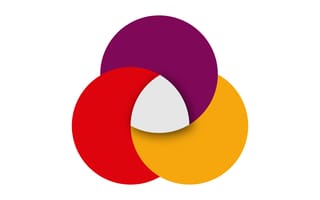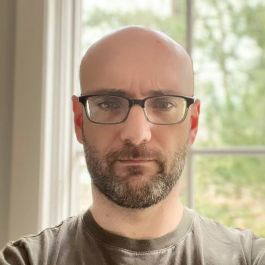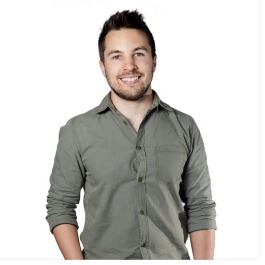One of Conner Boyd’s favorite interview questions hearkens back to a past life, when the senior-level product manager was still unproven and on the receiving end of such queries.
The prompt asks applicants what is technically happening when they visit their Facebook news feeds — an exercise that is deliberately vague and open to interpretation.
Boyd recalls floundering to deliver a response that conveyed a definitive level of expertise. The more he talked, the harder it was to expound succinctly.
“The point, of course, was not to convey any specific understanding of Facebook’s architecture and algorithms,” said Boyd, now the director of product at fintech company MANTL. “The point was to make sure I knew those things existed and that I generally understood the roles that each played in making any given website work.”
Product managers, in other words, have a host of responsibilities, using a wide breadth of knowledge to drive the development of products and their related strategies.
The image of a Venn diagram comes to mind, with PMs serving as the connective tissue between a company’s various stakeholders. That’s what makes questions like the one Boyd described so illuminating: As any product manager asked to define their job will tell you, the expectations of the role are always overlapping.
Built In NYC reached out to two local tech professionals to learn more about what makes product managers such vital assets to their teams.
What are the top three traits a person needs to be a great product manager?
If I had to narrow it down to three traits, I would pick curiosity, empathy and an exceptional ability to connect the dots.
Curiosity is important because one of the key responsibilities of a PM is to deeply and thoroughly understand their product line, market, competition and target audience. This ensures the PM can select the right strategy to achieve business goals.
Empathy represents the concept of understanding your customers well — not only the numbers but also knowing the stories behind them, and their motivations and pain points. PMs should be radically focused on delivering value and happiness to customers, which — when done right — will translate to business metric improvements.
Much of a PM’s normal day is spent absorbing and aggregating information from diverse sources — including business stakeholders, market trends, analytics and customer feedback — and identifying the right set of trade-offs to create a winning product strategy. The goal, in other words, is to create a product strategy that maximizes value for both the customers and the business.
Product managers should be radically focused on delivering value and happiness to customers.”
What skills have you found to be most important in your role and how do you continue to develop those skills?
Being confident with data analysis, having a sound understanding of the product development process and knowing the basic technologies involved has been helpful. However, as mentioned above, the actual challenge is that PMs need to know a little bit of everything, so knowing how and when to rely on domain experts is much more critical.
At Zocdoc, I personally combine books, podcasts and networking as the main ways I continue improving and developing my skills and knowledge.
What are the top three traits a person needs to be a great PM?
First, true curiosity must cut both broad and deep. Solving problems requires a person to become immersed in them and, more times than not, in the adjacent problems discovered along the way. Cultivating a rich sense of curiosity is also the best way to understand a domain or industry to the degree where one starts to see multiple smaller problems begin to coalesce into larger opportunities.
Second, the cliché that empathy is crucial to a product manager’s success is undeniably rooted in truth. While a product manager sits at the nexus of customer, business and their team, they are a captive audience to the needs and constraints of the latter two. Because of this, a product manager should use their energy to seek out and get to know their customers and their needs deeply. They are, in fact, the only person at the company incentivized and empowered to focus on the customer in this way.
Finally, the role requires tenacity. Steady progress should always be the product manager’s goal — not perfection. Said another way: Failure is not a possibility in product development: It is a certainty. They must find as much fuel in their failures as they do in their successes.
Being technical is less about having a certain set of skills and more of a proactive attitude toward solving problems collaboratively.”
What skills have you found to be most important in your role and how do you continue developing those skills?
In most product organizations, being technical is less about having a certain set of skills, though knowing basic SQL will always serve you, and more of a proactive attitude toward solving problems collaboratively with your technical counterparts. It means that you are interested in understanding the constraints and trade-offs your engineers are confronted with, and using your deep understanding of the problem to successfully navigate those challenges together.







